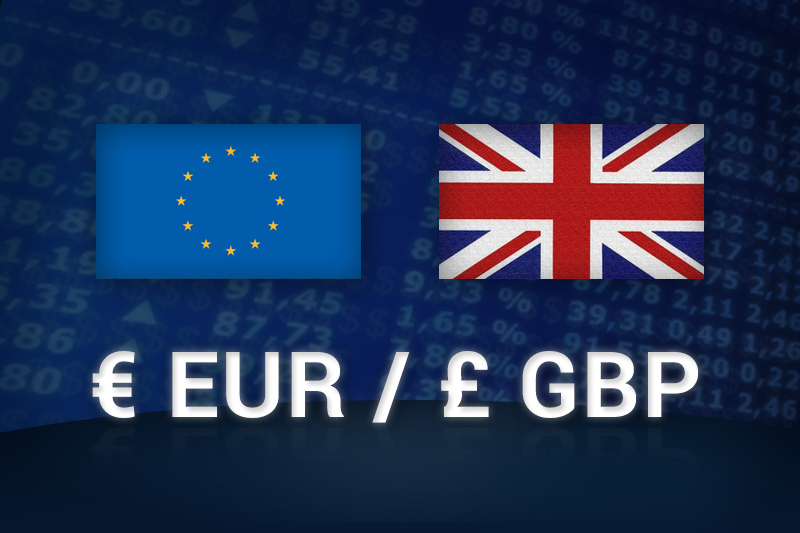Investing.com - The euro pulled away from a one-month low against the pound on Monday, after a report showed that the U.K. service sector grew at the slowest pace in nearly two years in October, but gains were capped by worries over a Greek austerity vote.
EUR/GBP pulled back from 0.7985, the pair’s lowest since October 2, to hit 0.8010 during European late morning trade, 0.01% lower for the day.
The pair was likely to find support at 0.7985, the session low and resistance at 0.8027, Friday’s high.
The U.K. services purchasing managers index fell to 50.6 in October from a reading of 52.2 in September. Analysts had expected the index to ease down to 52.0.
The report said growth of new business eased during the month, leading companies to deplete backlogs of work. Meanwhile, staffing levels were reduced for the second month running.
The weaker-than-expected data fuelled concerns over the outlook for the economic recovery and sparked concerns over the possibility of more easing by the Bank of England.
The euro remained under pressure amid concerns over whether Greece’s Parliament would approve a package of spending cuts and tax hikes in a vote on Wednesday, which will determine if Athens receives its next tranche of financial aid.
Investors were also focusing on the outcome of Tuesday’s U.S. presidential elections, amid concerns over the U.S. fiscal cliff, USD600 billion of automatic tax hikes and spending cuts due to come into effect on January 1, which could threaten U.S. and global growth.
The single currency was lower against the U.S. dollar and the yen, with EUR/USD down 0.33% to 1.2794 and EUR/JPY falling 0.57% to 102.68.
Later Monday, the Institute of Supply Management was to publish data on U.S. service sector activity.
EUR/GBP pulled back from 0.7985, the pair’s lowest since October 2, to hit 0.8010 during European late morning trade, 0.01% lower for the day.
The pair was likely to find support at 0.7985, the session low and resistance at 0.8027, Friday’s high.
The U.K. services purchasing managers index fell to 50.6 in October from a reading of 52.2 in September. Analysts had expected the index to ease down to 52.0.
The report said growth of new business eased during the month, leading companies to deplete backlogs of work. Meanwhile, staffing levels were reduced for the second month running.
The weaker-than-expected data fuelled concerns over the outlook for the economic recovery and sparked concerns over the possibility of more easing by the Bank of England.
The euro remained under pressure amid concerns over whether Greece’s Parliament would approve a package of spending cuts and tax hikes in a vote on Wednesday, which will determine if Athens receives its next tranche of financial aid.
Investors were also focusing on the outcome of Tuesday’s U.S. presidential elections, amid concerns over the U.S. fiscal cliff, USD600 billion of automatic tax hikes and spending cuts due to come into effect on January 1, which could threaten U.S. and global growth.
The single currency was lower against the U.S. dollar and the yen, with EUR/USD down 0.33% to 1.2794 and EUR/JPY falling 0.57% to 102.68.
Later Monday, the Institute of Supply Management was to publish data on U.S. service sector activity.
